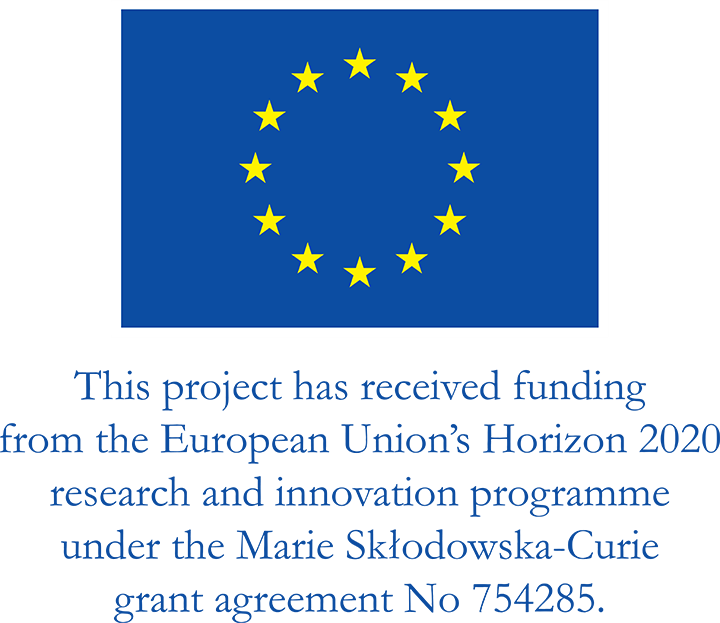Ageing from a societal perspective
This theme examines how an ever-changing society (in e.g. inequalities, family structure, urbanisation, migration) interacts with ageing processes, and how this knowledge can be beneficially applied. It builds on high level social sciences research, e.g. long experience of relevant EU projects, gender studies Centre of Excellence, leadership of global research association RINGS, public policy studies. The theme highlights intersectional analyses and policy questions e.g. growth of the older old; pensions and care “time bombs”; aged gendered care chains; intergenerational solidarity; interpersonal/structural ageism, and puts these items in a socio-economic perspective as well.
While worldwide increases in life expectancy arguably mark one of the most important accomplishments of the 20th century, they simultaneously present one of the greatest challenges for many societies (Prince et al. 2015). As fertility rates steadily drop and life expectancy increases, the share of older people has grown worldwide and more than doubled in high-income countries (UN, 2015). These developments have huge policy implications across many sectors of society.
Contemporary societies must prepare for the economic and social shifts associated with population ageing. There is a great need for new knowledge and innovative solutions relating to economic, political and cultural dimensions of society. While the growth and development within the multidisciplinary field of gerontology has been significant in recent decades, the subject of ageing is still not given enough attention within social science research, given the societal impact of the issue (Wendin, 2014). There is a great need for transdisciplinary research on the relationship between ageing, culture and society (Twigg & Martin, 2015).
This theme of the Newbreed doctoral programme, "Ageing from a societal perspective", examines ageing processes within and across societies, how ageing intersects with class, gender, generation and further social divisions, and how this knowledge can be applied beneficially. This includes research on the role and potential of ageing and older people in contemporary societies, an accommodation setting that enables older people to contribute to societal activities rather than consume health care, the impact of demographic changes on sectors of society, as well as intergenerational relations. Research with older people rather than passively on older people is encouraged.
Örebro University and the Newbreed doctoral programme offer a dynamic and lucrative context for innovative and interdisciplinary research on the relationship between ageing processes and society. The existing "Successful ageing" doctoral programme hosts a number of PhD students focusing on societal aspects of ageing and create connections between the research subject of ageing, a number of strong research groups within gender studies, sociology, communication studies, science of education, political science, etc. Furthermore, the connection between "Ageing from a societal perspective" and the additional three themes of the NEWBREED doctoral programme offers great opportunities for interdisciplinary and transdisciplinary research and collaboration with researchers within medicine, behavioural sciences, computer science, etc. An example of this is the development of Internet of Things (IoT).
In summary, this research theme examines ageing processes within a societal framing, with potential research areas including, but are not limited to:
- Population ageing and its implications for pensions and health care
- Aged gendered care chains and migration patterns
- Intergenerational solidarity
- Interpersonal and structural ageism
- Family structure and intergenerational ties in individualised societies
- Inequalities among ageing populations
- Ageing, violence and abuse
- Work, organisational, social and political participation among older people
- Lifelong learning and educational opportunities among older people
- Societal perspectives of lifestyle habits in elderly.
References
Twigg, J., & Martin, W. (eds.) (2015) The Routledge Handbook of Cultural Gerontology. Routledge.
Prince, M. J., Wu, F., Guo, Y., Robledo, L. M. G., O'Donnell, M., Sullivan, R., & Yusuf, S. (2015). The burden of disease in older people and implications for health policy and practice. The Lancet, 385(9967), 549-562.
United Nations. (2015) World Population Ageing 2015. Department of Economic and Social Affairs Population Division. ST/ESA/SER.A/390.
Wendin, K. (2014). Population Ageing in Europe: Facts, implications and policies. European Commission, Directorate - General for Research and Innovation.

